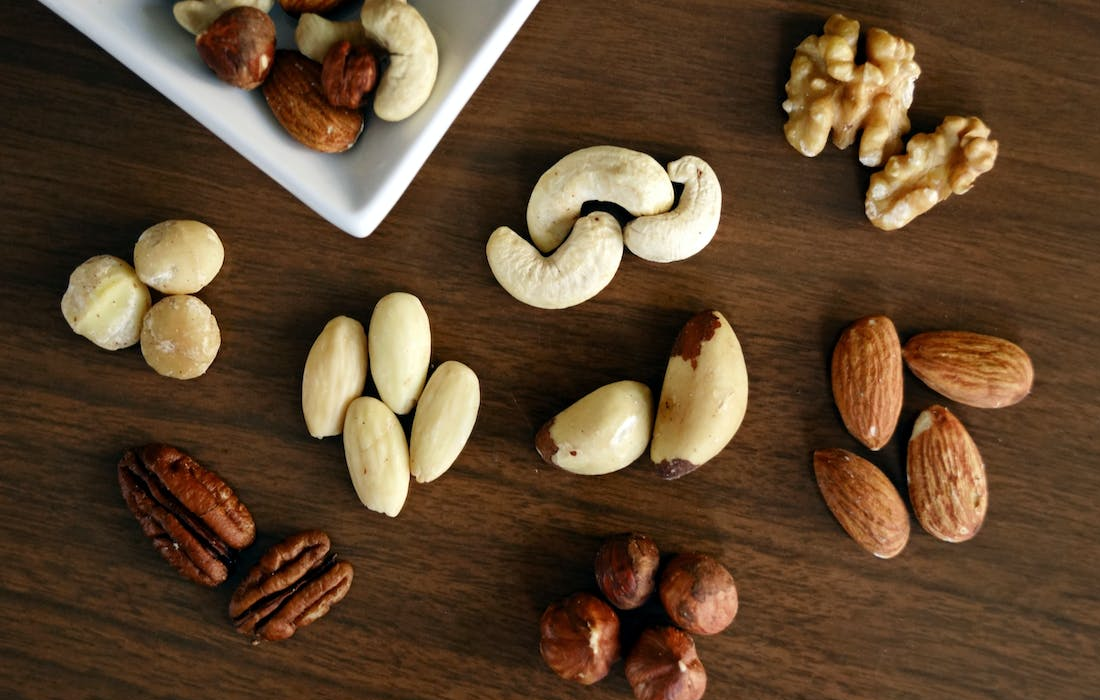Nutrition and Supplements
Omega-3 Fatty Acids Linked to Slower Decline in ALS
People with amyotrophic lateral sclerosis (ALS) who eat more foods high in certain omega-3 fatty acids like flaxseed oil, walnuts, canola oil and pumpkin seeds may have a slower physical decline from the disease and may have a slightly extended survival.
The study, which looked at the survival of people with ALS over the course of 18 months, was published in the June 21, 2023, online issue of Neurology®, the medical journal of the American Academy of Neurology.
Researchers also found an omega-6 fatty acid may be beneficial. The study does not prove that these omega fatty acids slow decline of ALS or extend survival; it only shows an association.
ALS is a rare, progressive neurodegenerative disease that affects nerve cells in the brain and the spinal cord. People with ALS lose the ability to initiate and control muscle movement, which often leads to total paralysis and death. The average life span after diagnosis is two to five years.
“The link our study found between diet and ALS is intriguing and suggests, but does not prove, that people with ALS may benefit from incorporating more omega-3 fatty acids into their diet,” said Kjetil Bjornevik, MD, PhD, of Harvard University in Boston, Massachusetts, and member of the American Academy of Neurology. “It will now be important to conduct additional research looking specifically at the plant-based omega-3 fatty acid alpha-linolenic acid in people with ALS to further explore this possibility.”
Researchers found an omega-3 fatty acid called alpha-linolenic acid was the most beneficial. This acid is found in many seeds and oils, including flaxseed, walnuts, chia, hemp, and many common vegetable oils.
Higher levels of a specific omega-3 fatty acid called eicosapentaenoic acid that is found in fatty fish and fish oil supplements was also associated with a lower risk of death during the study.
In addition, researchers found an omega-6 fatty acid called linoleic acid that is found in vegetable oils, nuts, meats, seeds and eggs was associated with a lower risk of death during the study.
A limitation of the study is the lack of access to data on the overall diet of the participants, including other nutrients and supplements as well as total caloric intake, which could all be associated with survival time in ALS.
Sources:
Kjetil Bjornevik, Marianna Cortese, Jeremy D Furtado, Sabrina Paganoni, Michael A. Schwarzschild, Merit E. Cudkowicz, Alberto Ascherio. Association of Polyunsaturated Fatty Acids and Clinical Progression in Patients With ALS: Post Hoc Analysis of the EMPOWER Trial. Neurology, 2023; Publish Ahead of Print DOI: 10.1212/WNL.0000000000207485
American Academy of Neurology. (2023, June 21). Omega-3 fatty acids linked to slower decline in ALS. ScienceDaily. Retrieved June 28, 2023 from www.sciencedaily.com/releases/2023/06/230621164636.htm
Photo by Marta Branco from Pexels: https://www.pexels.com/photo/variety-of-brown-nuts-on-brown-wooden-panel-high-angle-photo-1295572/

